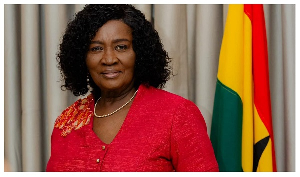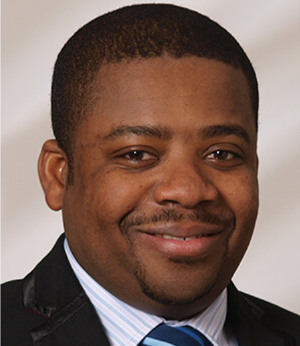Appiah-Kubi, Kojo (PhD)
Ghana is currently experiencing fiscal turbulence and the seriousness of it is even confirmed by the Minister of Finance, Mr. Terkper: “We are in red and that is factual”. Many experts, analysts, and organizations including the IMF, AGI, PEF, TUC, have off late expressed serious concerns about the present state of the Ghanaian economy. But how does a country like Ghana come into red or gets “broke” at a time when world market prices of its major exports, including gold and cocoa have risen to unprecedented levels and has discovered oil, which has given it additional revenue of about 8-10% of its total tax revenue? Mr. Terkper attributes the turbulence to the fiscal difficulties encountered in 2012 that resulted in a historic budget deficit of GH¢8,648.7 million, equivalent to 12.0 percent of GDP as against a deficit target of GH¢4,669.0 million, or 6.7 percent of GDP. The worse of it all is that the huge deficit does not include huge expenditure arrears of about GH¢5.4 billion and commitments, particularly, to almost all statutory bodies, including Road Fund, Cocobod, DACF, Getfund and NHIA, and the private sector. It is indeed “madness” for an economy to overspend its budget by an equivalent of 70% of its tax income. The irony of it all is that these expenditures were driven largely by lack of prudence in public spending and misplaced priorities. They were largely spent on consumption items and not on the much trumpeted capital items or infrastructure. Indeed during the year 2012 total government capital spending declined by about 11% relative to total government spending. How responsible were the managers of the economy of Ghana in driving it deliberately against the wall?
Since the eighties Ghana government has spent billions of dollars on financial management systems including PUFMARP, MTEF, BPEMS, DRMS, ASYCUDA, IPPD, GIFMIS, etc. to support improvements in budgeting, auditing, expenditure reporting, and tax administration. These systems actually make it almost impossible for a ministry to get money to spend without approval from the Ministry of Finance, let alone overspend its budget. The fact that all the various ministries and sectors in 2012 overspent beyond their budgetary allocations suggests that the minister for finance deliberately deactivated these systems and replaced fiscal prudence with irresponsible spending spree.
One may say that 2012 was an election year. But 2004 was equally an election year but the deficit did not exceed 2.8% of GDP. Even the much talked about deficit of 2008 was about 6.5% of GDP and this happened in the face of the synchronized global financial crisis and commodity price shocks, a serious energy crisis, CAN 2008, WTO international conferences and elongated three rounds of Elections.
Indeed the Minister of Finance and Economic Planning during 2012, Dr. Duffour, has no acceptable explanation to offer and must be held responsible. Particularly, when he had accused his predecessors in 2009 for having rundown the economy of Ghana by incurring “large fiscal and trade deficits, higher than expected rate of inflation, an increase in the national debt stock, and the depreciation in the value of the Cedi…” at the back of ”… low levels of productivity in agriculture, industry and manufacturing among others”.
The current state of the Ghanaian economy can be described to be far worse than in 2009. All the indicators mentioned above, but inflation rate, have worsened and to the extent that the current minister of finance has had to admit that the economy is in red. Even if the economy was bad in 2009 it was never in red as it is in 2013. The 2009 economic condition could even be said to have been good to have allowed for payments of huge sums of “judgement and settlement debts”. How could the managers of the economy look on for the situation to deteriorate so much in such a short time when the country has even started commercial oil production?
The country indeed deserves better. It needs competent, scrupulous, experienced and courageous managers to manage the Ghanaian economy.
Opinions of Wednesday, 17 July 2013
Columnist: Appiah-Kubi, Kojo
Ghana needs competent, experienced and courageous managers
Entertainment













